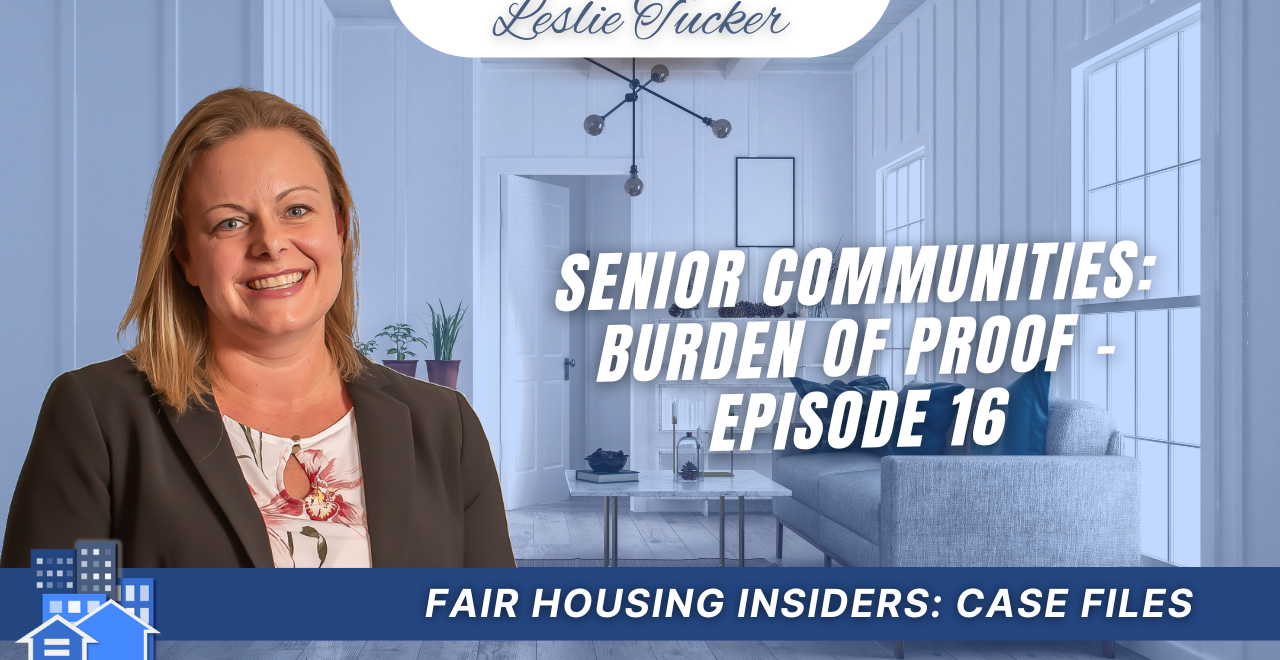Can communities have age restrictions? What about HOPA? This case involves a trio of nonprofit cooperative corporations in Florida who found themselves at the center of a legal battle for enforcing policies against children under the age of 12, asserting that they were a “senior” community.
This article will examine the outcome of this case, review the burden of proof communities need to meet for the criteria of senior communities as well as consider how the law pertains to federally subsidized housing.
United States v. Isle of Paradise “B”, “C”, and “E”, Inc. (S.D. Fla.)
The Case in Detail – A No Children Policy
The case details are as follows. Through rigorous testing and investigations spearheaded by the Department of Justice, it came to light that families with children were systematically denied housing opportunities. In fact, these communities had policies written to this effect. This practice was particularly scrutinized in two specific buildings, one that self-identified as an adult community and the other a senior (55+) community.
The investigations concluded that both properties failed to satisfy the legal standards required to justify such policies. Because the standards were allegedly not met, the government found that the properties’ refusal to permit children of a certain age constituted familial status discrimination.
The Legal Outcome – HOPA Standards
The legal proceedings concluded with the corporations settling, agreeing to remove the age limit from their leasing policies and to issue $47,000 in damages as compensation. This resolution not only served as a corrective measure but also as a stark reminder of the imperative for housing providers to navigate the complex terrain of legal and ethical obligations diligently. Ensuring that housing practices conform to non-discriminatory standards is paramount, especially in matters pertaining to familial status discrimination.
But what about the Housing for Older Persons Act (HOPA)? This Act does carve out exceptions for housing providers, allowing them to impose age restrictions (including prohibiting children altogether), but only if specific conditions are met. The eligibility for these exemptions is tightly regulated, with detailed requirements for resident population numbers, marketing and advertising, and monitoring requirements. This underscores the critical need for housing providers to seek seasoned legal advice to navigate these complex regulatory waters safely and to avoid the substantial penalties associated with misinterpretation or misuse of these exemptions.
Clarifications on Federally Subsidized Housing
While some federally subsidized housing programs are intended for an older population, the age eligibility component will be based solely on the type of funding received and the federal program that the property operates under. HOPA does not apply here, as there can be no exemption to familial status considerations in federally subsidized housing. Even where an applicant must be 62 or older in order to qualify, federally subsidized housing cannot restrict children from also residing there. This would be a violation of the Fair Housing Act.
Senior Living Takeaway
This case analysis reinforces the importance of a deep, nuanced understanding of fair housing laws and regulations among housing providers when it comes to senior living communities. It highlights the essential role of legal expertise in ensuring that housing policies and practices are not only compliant with current laws but also respectful of the rights and dignities of all potential residents.
As the legal landscape continues to evolve, the necessity for ongoing education in the housing industry has never been more critical. This commitment to fairness and inclusivity is not just a legal obligation but a moral imperative that underpins the foundation of equitable and just housing practices.

